TABLE OF CONTENTS
Having enough Random Access Memory (or RAM, for short) is of the utmost importance.
The more you have, the better your computer will run — it’s really that simple. There is a point of diminishing returns, though, and we’ll make sure to cover it in depth down below.
In any case, having a good understanding of just how much RAM one needs (relative to one’s workflow and use-case scenario) is tremendously important.
An insufficient amount of RAM will most likely become the first bottleneck you’ll encounter should you opt to “push” your computer.
And, well, the more demanding you become the more RAM you’ll need.
Having a bit of “headroom” is also advisable — for contingency purposes.
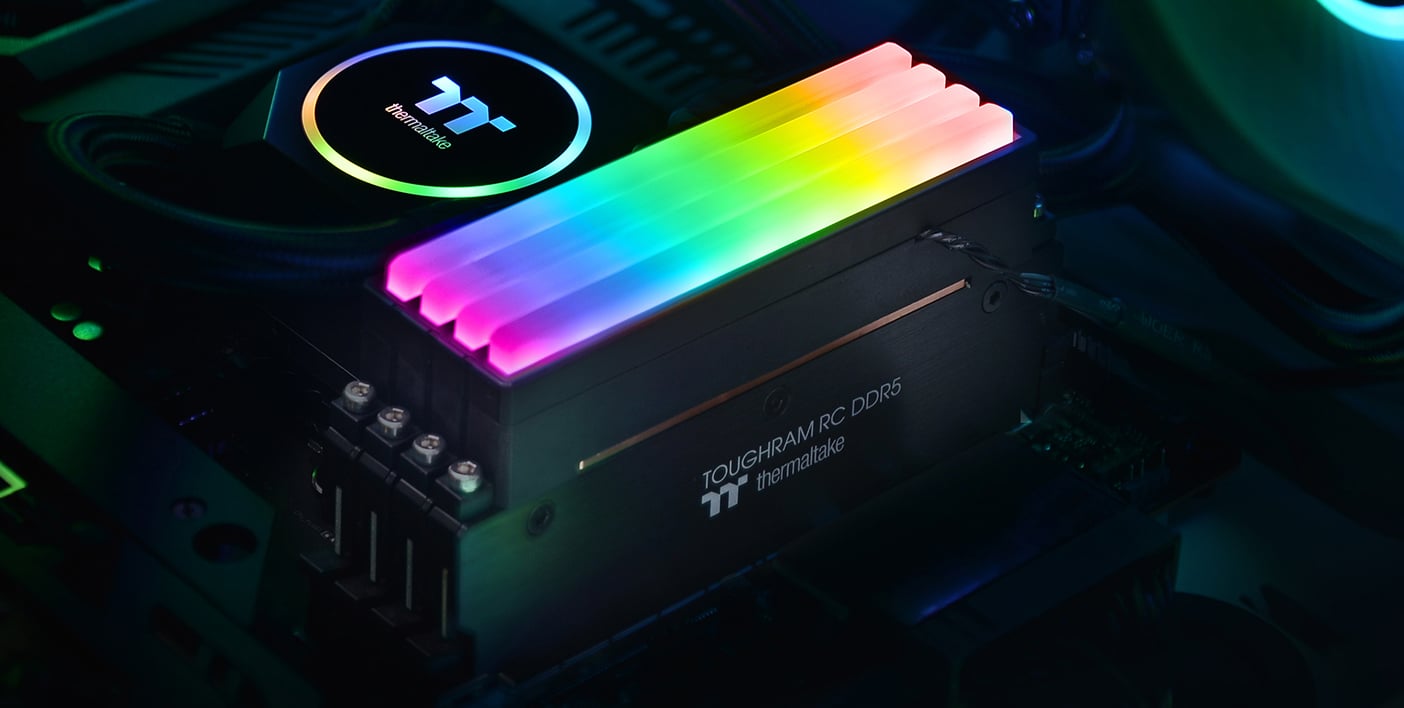
Source: Thermaltake
So, let’s answer the lingering question before delving any deeper into the nitty-gritty:
Does adding more RAM make your PC faster?
It absolutely does but only if you happen to need more RAM. If you’re not a particularly demanding user then adding more memory isn’t going to change much — if anything at all.
To put it as succinctly as possible: if all you need is, say, 8GB of RAM then adding more memory isn’t going to net you any kind of tangible benefit.
The amount of RAM scales linearly with performance up to a certain point and you will reach it once your memory-related demands happen to be met.
Once you have enough memory for the kind of work you do and the way in which you use your computer, you shouldn’t even think about adding more RAM as you’d basically be wasting money.
If, however, you do need more RAM then adding a few more gigabytes will make a world of difference; it’ll vastly improve your system performance and, by proxy, make everything a lot more responsive.
Do You Need More RAM?
That heavily depends on your workflow. If all you have is 4GB then yes, an upgrade would be advisable.
The same holds true if you’re a demanding user or just someone who games on the side; in that case, a 16GB set-up would be the sweet spot.
Having a bit of “wiggle room” when it comes to RAM will go a long way towards making everything feel buttery smooth; system responsiveness, loading times, intense multitasking, you name it — the amount of RAM you have affects numerous different things although it’s still just one part of the PC building equation.
Adding more RAM will most likely make your PC faster (assuming you need it), but it’s not a solution or remedy for all your performance woes and issues.
The following video does a great job at covering vastly different use cases and workflows, so make sure to give it a watch:
How Much RAM Do You Need?
That depends on what you’re using your computer for and how demanding you are.
If you limit yourself to a handful of browser tabs and an additional program or two, then you could get by with 4GB. It wouldn’t always be the most pleasurable experience, though, and upgrading to 8GB would alleviate any and all issues.
In fact, 8GB of RAM is what we consider the absolute bare minimum for an enjoyable Windows 10/11 experience.
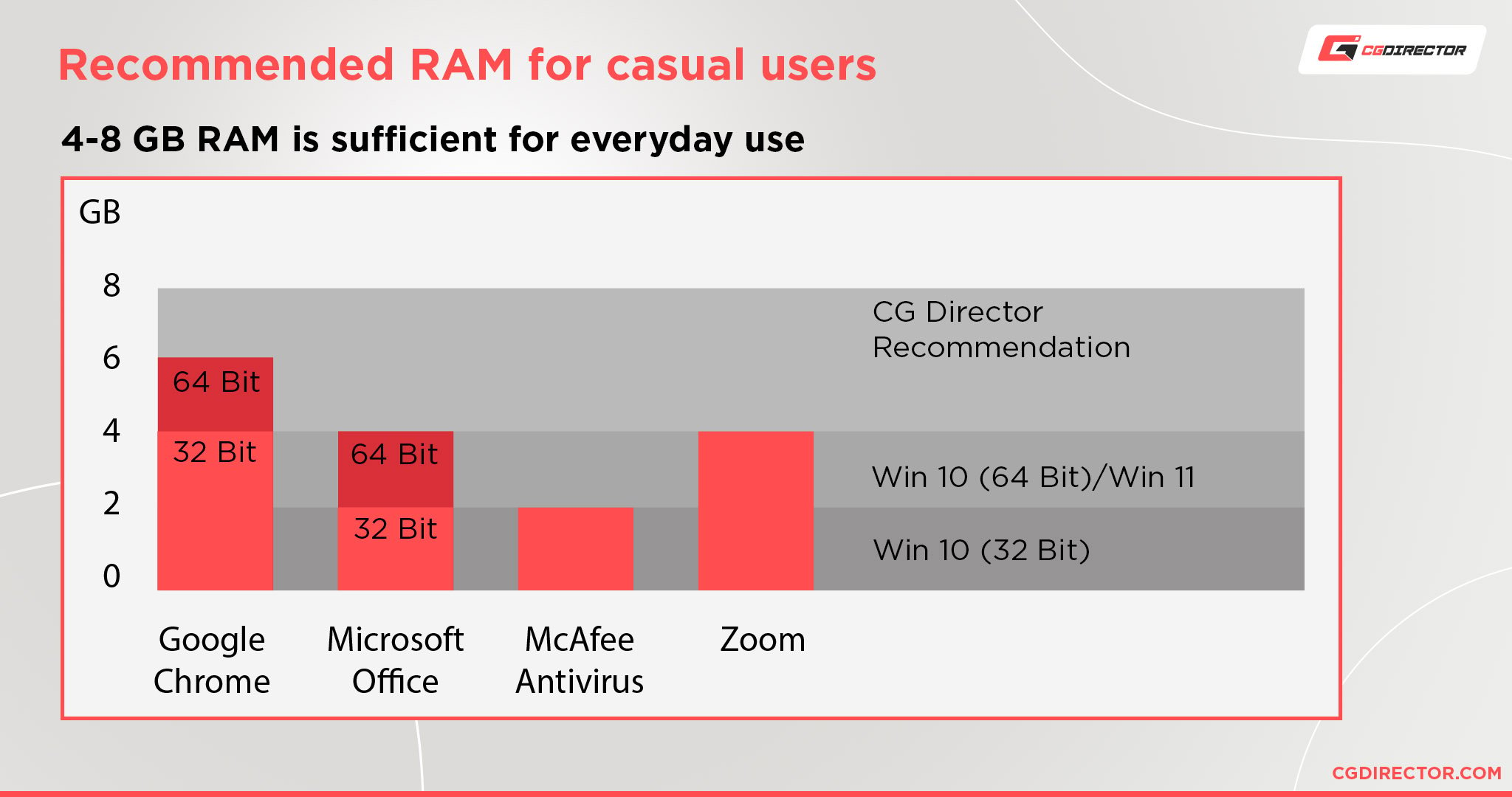
You don’t want any slowdowns during your day-to-day computing tasks nor should you resort to any virtual memory shenanigans unless you absolutely have to because of budget constraints or what have you.
For gaming, always aim for 16GB.
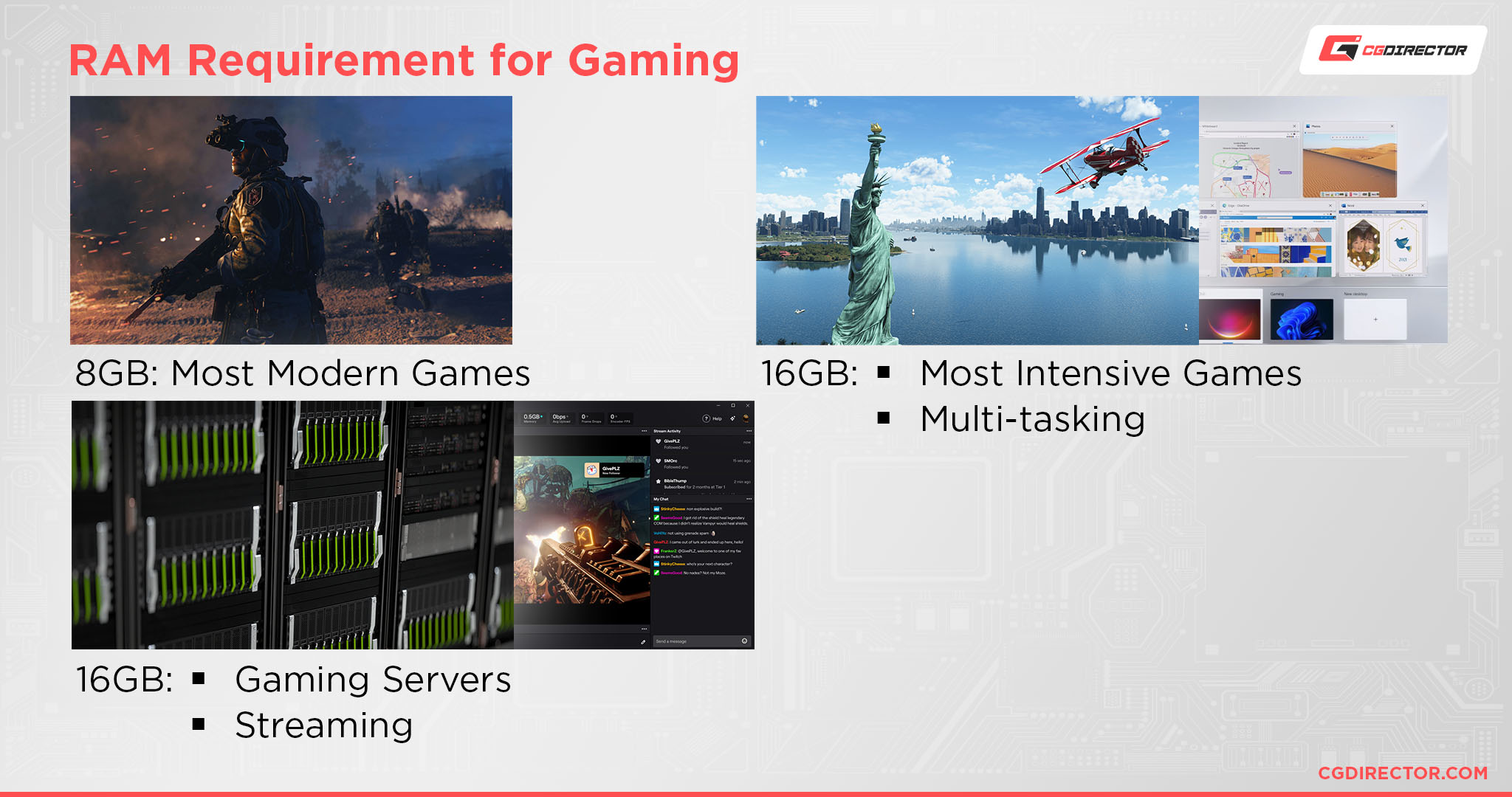
Today’s most popular titles “eat up” RAM like it’s nothing and when you add Discord and a few browser tabs to the equation as well, 16GB becomes an absolute must.
Having more memory (especially if it’s running in dual channel) will also eliminate any frame rate dips and potential stutters which might occur during gameplay.
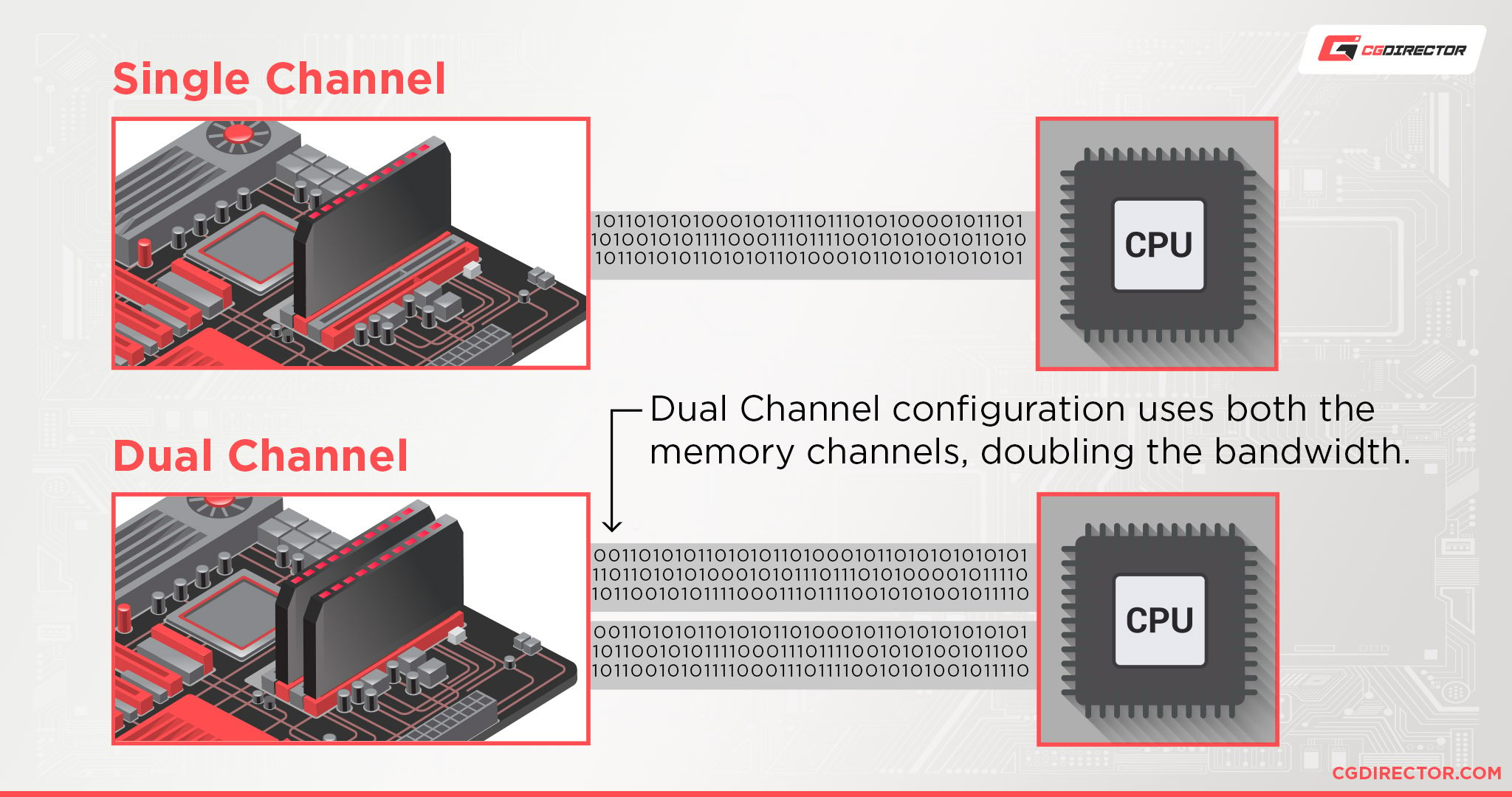
For video editing and any kind of demanding creative/3D work, you should probably aim for 32GB, depending on what exactly you’re doing and what kind of software you’ll be using.
64GB might also be worth the investment if you’re dealing with some seriously complex projects.
Conclusion
An analogy:
Think of RAM capacity as “seats” in a Car. If you have a car with 4 seats (= 4GB of RAM) but have to hold & move 6 passengers (= data) from point A to point B, you’ll need two trips.
Now let’s say you have an 8-seater car (= 8 GB of RAM). You have a big enough car to hold & move all your passengers (= data) in just one trip. It makes no sense to buy a second Car, as that will not change how fast people will get to their destination on average.
It’s the same with RAM. More RAM can greatly increase performance if you have too little. If you already have enough, adding more will change nothing. It does not scale like CPU Cores or Frequency.
FAQ
Let’s go over a few potential questions you might have regarding this particular topic:
How Much RAM Do I Need?
That depends on your workflow and just the way you tend to use your computer.
For “basic” computing tasks, go with 8GB.
For gaming and other more demanding use-cases, aim for 16GB running in dual channel.
And, on the off-chance you’re a creative professional, an architect, or an engineer of some kind — and tend to work with complex projects — then going with 32GB (if not more) would be for the best.
Will Adding More RAM Make My PC Faster?
If the amount of RAM you currently have is a bottleneck then yes, it absolutely will make your PC faster.
If you already have enough RAM for your day-to-day tasks then adding more RAM isn’t going to make a difference.
Can I Upgrade the RAM on My Laptop?
That depends on the model.
If it’s a sleek and slender ultrabook then its RAM is almost certainly soldered onto the motherboard.
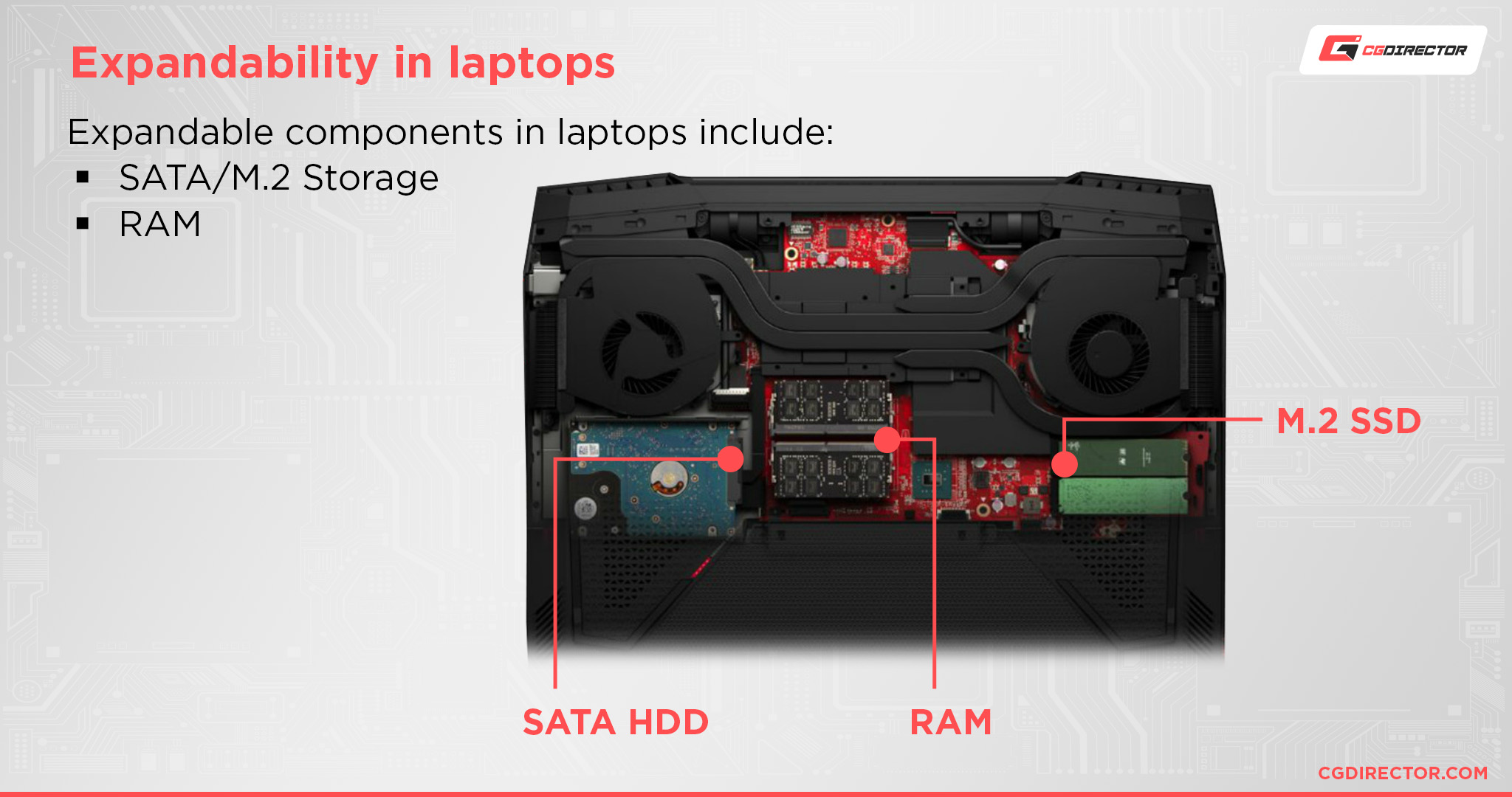
If, however, you have a bigger gaming laptop then there’s a very high likelihood that you can upgrade its RAM.
In any case, make sure to check your laptop’s product page/user manual.
How Much RAM Can My Motherboard Take?
That heavily depends on the size of your motherboard and its chipset.
The smallest ITX models can support up to 64GB in total (32GB per slot). ATX ones, on the other hand, typically support up to 128GB (32GB per slot).
Finally, the highest-end E-ATX motherboards can go up to 256GB whilst also burning a hole through your wallet.
As always, make sure to read the “fine print” before making any sort of purchasing decision as the answer to this question can vary from one model to the next, especially if you’re looking to buy a motherboard that’s a few years old.
Can You Have ‘Too Much’ RAM?
Not really, but you will hit diminishing returns at some point. Most users really don’t need more than, say, 16GB or 32GB.
Industry professionals and those whose work depends on their computers (and the speed at which they run) can benefit from higher amounts of RAM (i.e. above 32GB).
How Much RAM Is Too Little?
4GB of RAM is what we would definitely consider “too little.” That amount will become a bottleneck almost immediately.
If you can limit yourself to, say, five browser tabs and just one or two more programs then you will be able to get by but it’s not going to be a particularly enjoyable user experience.
Over to You
How much RAM are you currently sporting and has it ever felt like a bottleneck in your day-to-day computing tasks? Let us know in the comment section down below, and in case you need any help, head over to our forum and ask away!
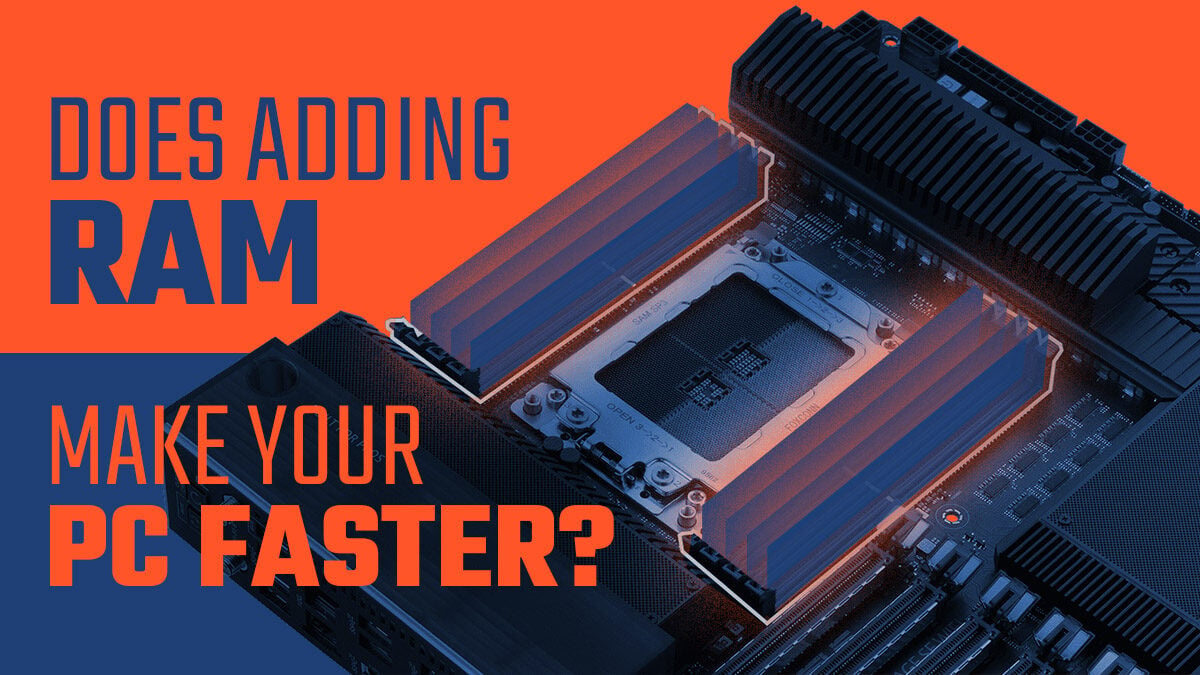
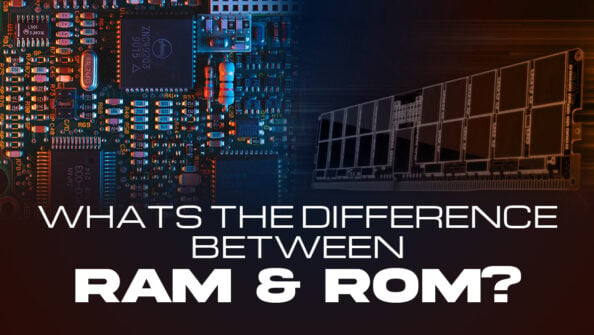
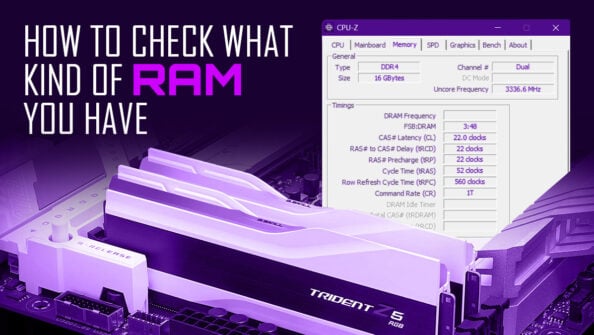
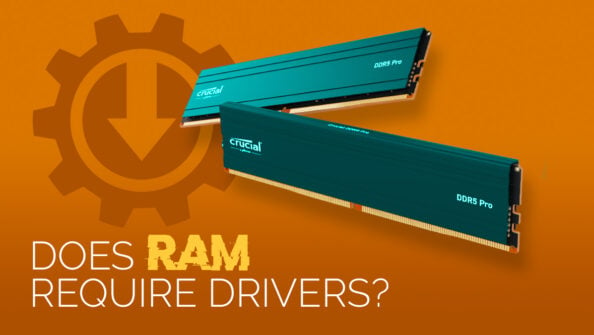
![How Much RAM Does my PC Support? [How to Check] How Much RAM Does my PC Support? [How to Check]](https://www.cgdirector.com/wp-content/uploads/media/2023/10/How-Much-RAM-Can-My-Computer-Take-Twitter-594x335.jpg)

2 Comments
10 April, 2023
To see if you need more RAM – open Task Manager and check how much RAM is used and which applications are using it.
27 October, 2022
At least 32GB should be recommended in 2022. And don’t buy from your PC OEM as they charge 4-10x what you can get from 3rd party. Just bought a laptop with min config RAM of 8GB, would have ask for it without any if that would save $20. Ended up buying 2x16GB on Amazon for $108 (crucial), but other big namebrands were about same price. If I had requested a 32GB config from the PC manufacturer it would have been $300-450.
I also maxed out my trashcan Mac with 128GB for about $320 with reliable 3rd party ram.